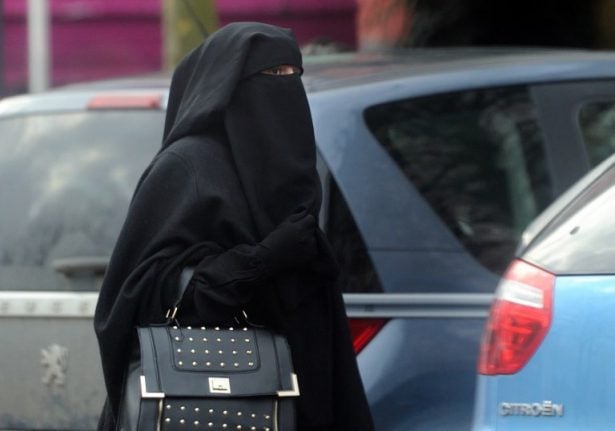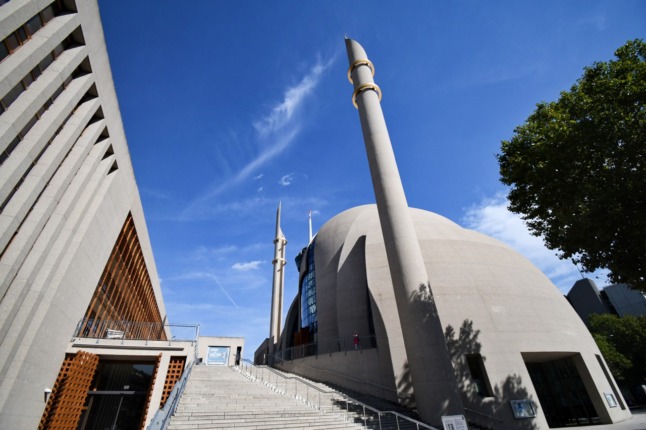The subject came up last week after it was revealed that after France's most-wanted man Redoine Faïd was arrested after 3 months on the run, had worn a burqa for disguise.
They ruled that France had infringed religious freedom and that the case breached international agreements on human rights.





 Please whitelist us to continue reading.
Please whitelist us to continue reading.
The banning of wearing symbols of your religious faith is wrong for many reasons.But the wearing of clothing that entirely hides your identity is a total security risk and the French law on that should stand.
Anyway, what right has the UN Human Rights Committee got to criticise our laws when they have just elected countries with appalling human rights record on to their council.
I agree with you, Leon.